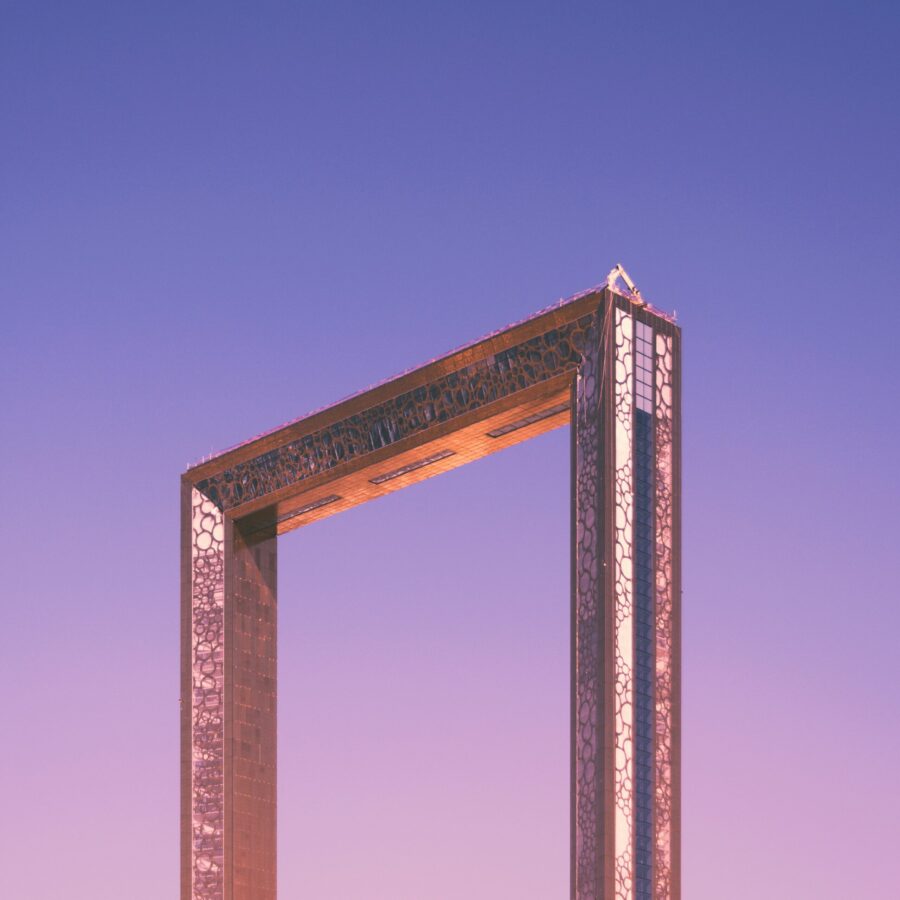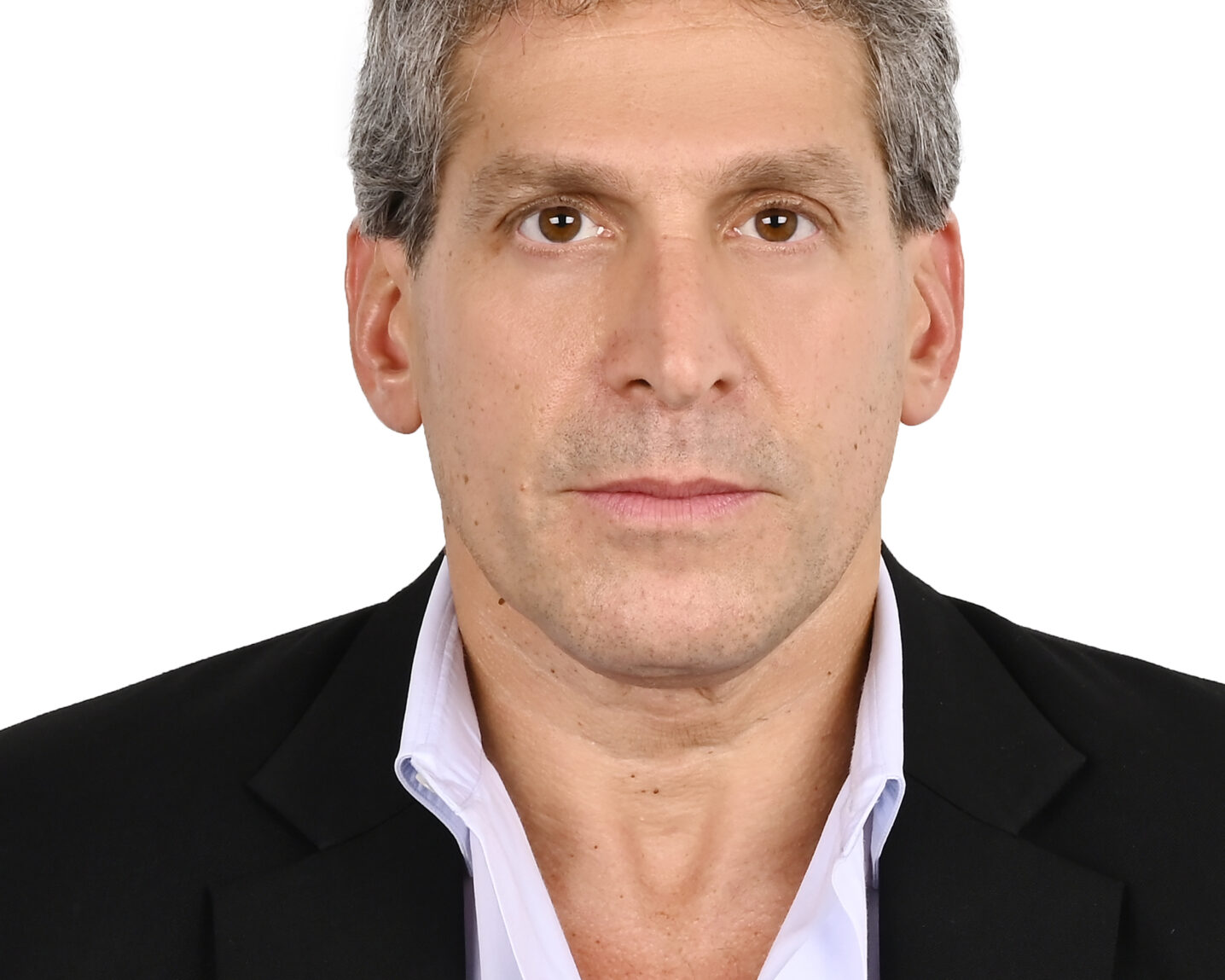Why now is the time for Rebel to launch in Dubai

With its new office in Dubai, Rebel branches out into the Middle East and Central Asia. The region is at the forefront of the energy and digital transitions, but faces challenges in keeping up with demand. Founder Adel Elsolh tells us how Rebel Dubai got started and why there’s a natural need for know-how from Europe.
Adel, you and Rebel go way back. Could you tell us a little bit about that?
‘I’ve known some of the Rebels since before they started the company. I used to work for the Royal Bank of Scotland and for one of my advisory mandates, I was sent to Utrecht to work on the High-Speed Rail for almost two years. As part of the government financial advisory team, I worked with Kees Hörchner. Following that, during an advisory mandate for the N31 Road PPP, I worked alongside Jeroen in ’t Veld and Marcel Ham. Later, I worked on the Coen Tunnel with Wout Korving. Throughout my nine years at RBS, we continually looked for ways to work with the Rebels. I then departed to Dubai in 2008 and reached out to Jeroen last year.’
What made you decide to move there, and why is now the time for Rebel to launch in Dubai?
‘My wife and I lived in London at the time and wanted a change. Dubai was an opportunity to be part of something new and growing. 17 years later, we’re still here and Dubai has become our home. Our children were born and raised here.
‘For most of the time that I’ve been here, I worked for Natixis, a French bank, primarily in infrastructure finance. I also headed the coverage and M&A advisory teams, but I wanted to do something more entrepreneurial. It was getting increasingly difficult to compete with local banks, limiting the roles we could win. I asked Jeroen about setting up Rebel ventures in various jurisdictions. I was confident a venture in this region could be done. Rebel had already explored the possibility over a decade ago. Shouldn’t we work together, I wondered. A year later, we set up and were licensed in the Dubai International Finance Centre.’
Rebel Dubai will focus on the Middle East and Central Asia. What opportunities do you see in the region?
‘Sustainability is key. A massive energy transition is underway and the Gulf Cooperation Council in particular wants to be a major digital player. Thanks to their solar resources, Saudi Arabia and the United Arab Emirates have some of the lowest cost of electricity in the world, which allows them to build massive data centers and to become a global hub. I would also highlight two countries in particular, outside the GCC members: Uzbekistan and Morocco, where we foresee significant activity.
‘There’s an urgent need for infrastructure across the region. This used to be a place where expats came in, worked for a couple of years and then moved on. Now, Dubai and other countries want people to come and stay and raise families. That means they need to provide education, health care, and transportation to support the growing population. At the same time, they want to meet environmental and waste challenges, and transition to a circular economy. These sectors are more advanced and developed in Europe. Dubai has been slow, for instance, to move forward with road and sewage tunneling PPPs. So, there’s a need for people who are well-versed in implementing those kinds of programs.’

What separates Rebel from competitors, do you think?
‘Of course, there are strong existing competitors in the region. Nonetheless, we believe that we provide a different and exciting proposition for clients. There is an opportunity for us to deliver better service. The region has significant growth plans through its various visions and programs, to advance its infrastructure development. While the region has done well to provide low cost solutions in renewables and other utilities, delivering sustainable growth remains a challenge. This is where Rebel can genuinely add value.
‘These past couple of months, I’ve been building a team. I am now joined by Andrew Dzikowski, Arash Alavi and Wahaj Mehfooz who are well versed in the world of infrastructure, and we gain good access to the Asian market as Arash is based in Hong Kong. Many Chinese, Korean and Japanese developers, suppliers and contractors are currently hoping to tap into the region’s infrastructure growth. I think the experience of the Rebels, coupled with our team on the ground and the link to Asia also separates us from competitors.’
What are Rebel Dubai’s ambitions for the foreseeable future?
‘The focus initially is on private-sector advisory, supported by public mandates where possible. We are in talks with some of the main players in UAE and Saudi Arabia, looking at PPP projects in the transport sector for example, where road and rail will be key growth areas. And we haven’t even scratched the surface on the circular economy, healthcare and the digital economy. One exciting possibility is taking equity positions and investing in projects where it makes sense. It will take us some time to find those opportunities. First, we need to make a name for ourselves as a supportive and integral partner to our clients.’
